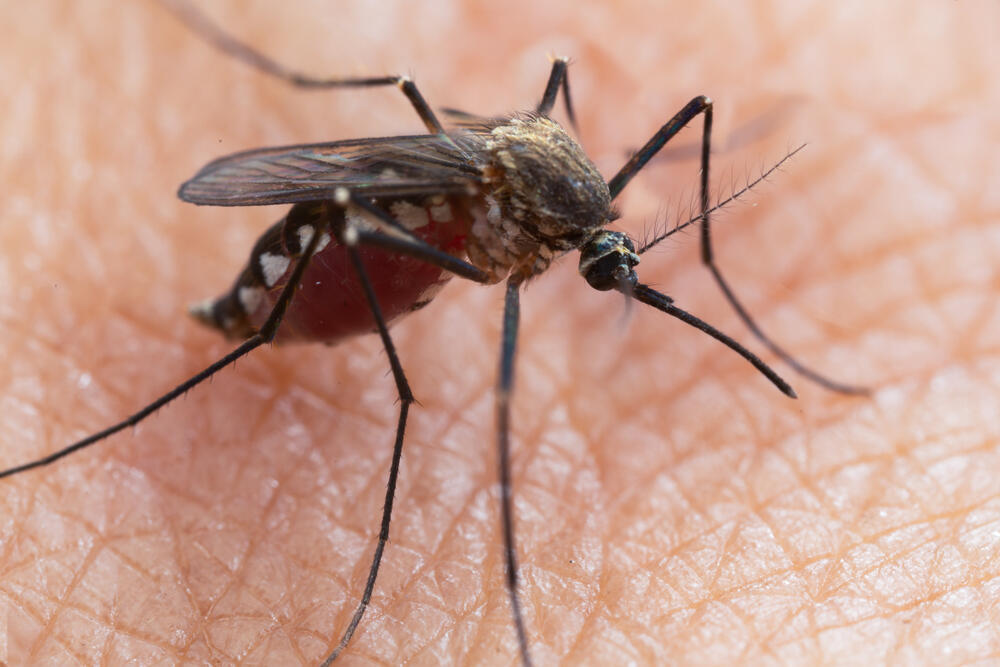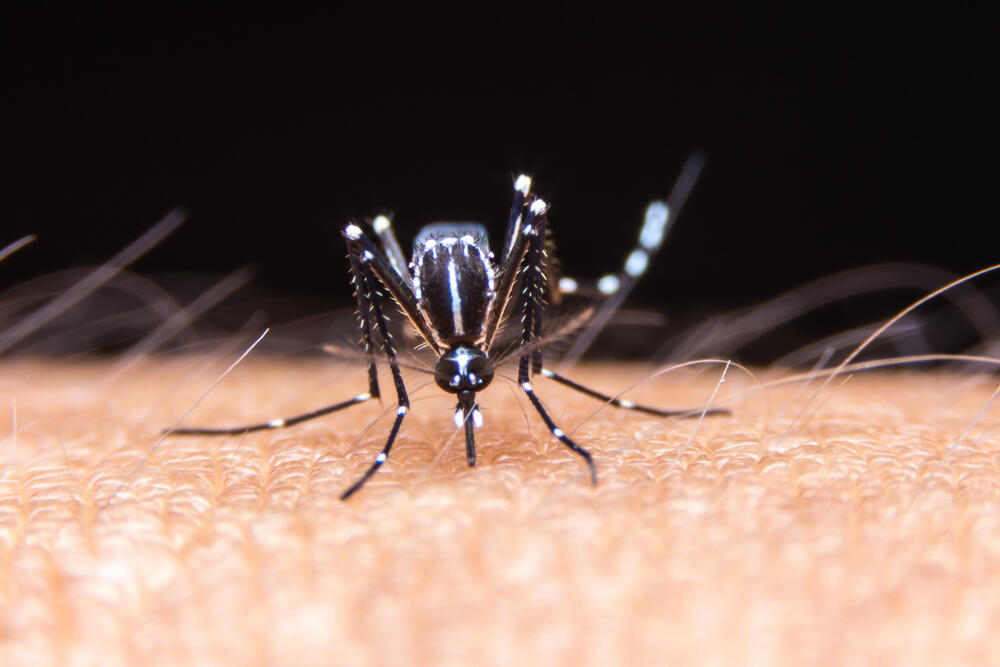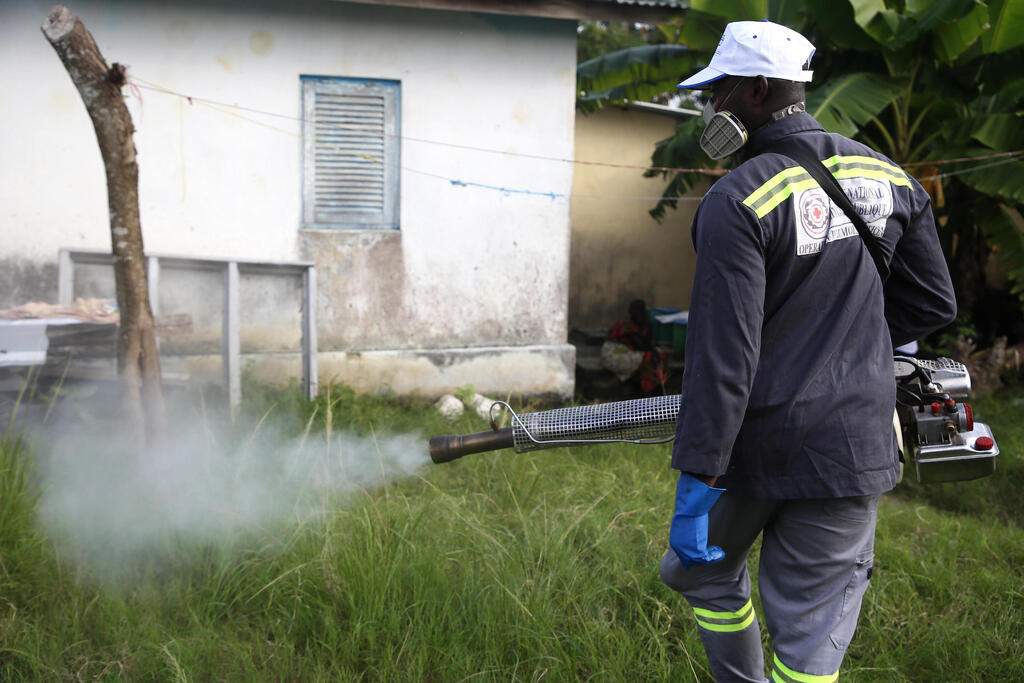Getting your Trinity Audio player ready...
The number of dengue fever cases worldwide is expected to reach record levels according to the World Health Organization (WHO), after a recent outbreak was reported in Egypt. The Asian tiger mosquito, which transmits the virus, is thriving in Israel, raising concerns that the disease may spread into the country as well.
More stories:
Professor Eli Schwartz, a specialist in tropical diseases from Sheba Medical Center, called on the Environmental Protection Ministry to increase efforts to control the mosquito population and urged Israelis traveling to the Far East, especially to Thailand, to use mosquito repellents effectively.
Dengue fever is a relatively old disease that “we’ve known about for about 70-80 years. It originates in the Far East and is spreading rapidly in many regions worldwide, especially in tropical and third-world countries,” Schwartz explained.
“The disease is transmitted by the Aedes mosquito and its Asian cousin, the Asian tiger mosquito, which is already present in Israel. Many people in Israel contract the disease after traveling to affected countries, and then return, which is why we’re getting more experienced about knowing patients who are infected.”
What do patients who suffer from dengue fever go through?
“Patients experience severe fever about five days after mosquito bites, and it is often referred to as breakbone fever because the individual feels completely debilitated, and often loses their appetite,” Schwartz explained.
“The disease doesn’t meet the World Health Organization's definition of a life-threatening disease requiring intensive care, and so is considered a mild one,” he added. “Most people do not reach that stage of the disease, but when it’s symptomatic, it can be severe. The good news is that most infected individuals recover easily.”
How common is the disease today?
“Dengue fever is the most common disease transmitted by mosquito bites worldwide, even more so than malaria. Most people traveling, especially during the summer season, are at risk of encountering it,” he said.
“The mosquito needs to bite an infected person, become infected itself, and then, when it bites someone else, it transmits the disease. Fortunately, while the mosquito exists, no such transmission of the disease has been reported in Israel,” he added.
Schwartz pointed out that the significant outbreak in Egypt raises concerns about the disease in Israel. He also noted that France has experienced a severe outbreak recently, mainly in southern France where the mosquito transferring the disease is present.
Although this hasn't occurred in Israel yet, awareness of the disease is essential, and efforts to combat these mosquitoes need to be bolstered to prevent its spread in the future, experts say.
How can you prevent getting infected?
“To avoid infection, travelers should be informed about the places they visit and take appropriate precautions. For example, those traveling to Thailand should remember that the summer is the rainy season. With more rain, there’s more standing water, and diseases related to mosquito bites typically increase during this season, including dengue fever,” Schwartz said.
“The Asian tiger mosquito tends to bite primarily in the morning and late afternoon, so it's recommended to apply mosquito repellents effectively during these times when leaving your room and one hour before sunset,” he added.
In addition to travelers’ personal safety, Schwartz called on the Environmental Protection Ministry to take further action against mosquitoes. “New patents for mosquito control have emerged, and these new options should be evaluated and implemented before a pandemic arrives in Israel. Once it starts, it’ll be very challenging to contain it,” he warned.




